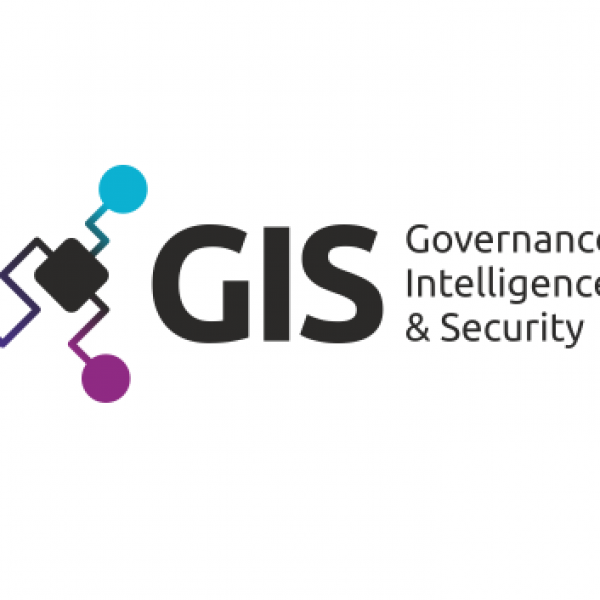Deadline: 1 October 2014
Open to: young scholars who have already completed their dissertation research
Venue: 31 May – 3 June 2015, Cuma, Italy
Description
Havighurst Center for Russian and Post-Soviet Studies Miami University, Oxford, Ohio is organizing the Young Researchers Conference: Writing the Past/Righting Memory.
This conference will focus on the region of Russia, Eastern Europe and/or Eurasia and will include discussion on memory and history, remembering and forgetting, commemoration, institutionalization and marketing of memory in the context of various social and political processes such as migration and lustration, and comprise genres from memoirs to laws to investigative journalism to textbooks, film, and novels.
This will be an intensive 3-day working conference (May 31-June 3, 2015), during which each of the selected papers will be critiqued by the other participants, including all invited presenters, keynote speakers, and a team of discussants made up of Miami University faculty.
Eligibility
Proposals are requested from young scholars who have already completed their dissertation research (ABD) or have defended their dissertation within the last three years.
Costs
The Havighurst Center will provide all meals and 3 nights (shared room) at the Villa Vergiliana in Cuma. Participants will be responsible for all travel to and from the Villa.
Application
To be considered for the conference, submit an abstract to the appropriate panel organizer by October 1, 2014. Please type “2015 Young Researchers Conference” as the subject of the email. Selected papers will be announced by December 1, 2014. If selected, participants must submit completed papers for circulation to other conference participants by April 15, 2015.
Proposed Panels
New Histories for New Times.
The panel will tackle questions as: How have writers, scholars, and professional historians captured the past in their works since 1991? How have new histories attempted to narrate the more recent, and more controversial, pasts? What forms have these histories taken (textbooks, web sites, graphic novels, etc.)? When applying for this panel, please submit your resume and abstract (no more than 300 words) to Stephen Norris at: norriss1@miamioh.edu.
The Condition We Call Exile.
The panel will focus on the writings of Russian emigration in the 20th century. When applying for this panel, please submit your resume and abstract (no more than 300 words) to Zara M. Torlone at: torlonzm@miamioh.edu.
Victims and Aggressors: Russia and its Neighbors in Contemporary Literature.
This panel invites papers related to Russian literature (prose, poetry, drama, memoirs, online writing, etc.) after the Soviet Union, as well as papers dealing with literatures of the former USSR. Papers focusing on how Eastern European literature envisions Russia are also welcome. When applying for this panel, please submit your resume and abstract (no more than 300 words) to Ben Sutcliffe at: sutclibm@miamioh.edu.
Remembering Communism.
In the 1990s and 2000s a new generation of authors with a particular background began to emerge: those who were born during the later stages of communism but began to write only after its collapse. This panel takes a closer look at the works of these writers. When applying for this panel, please submit your resume and abstract(no more than 300 words) to Venelin Ganev at: ganevvi@miamioh.edu.
Affective Histories.
This panel invites papers, which focus on interconnections between emotions, memory, or history. This panel will explore themes which include remembering and commemoration; personal litanies and memory, suffering and nostalgia; and affective management of history by the state among others. When applying for this panel, please submit your resume and abstract (no more than 300 words) to Neringa Klumbytė at: klumbyn@miamioh.edu.
Holy Russia’s Unpredictable Past.
In the past century, the Russian Orthodox Church went from being the dominant religious institution of the Russian Empire, to an chaotic attempt at a “free church in a free state” after the February Revolution, to being the subject of intense persecution for more than two decades after the Bolshevik Revolution, to being subject to strict state control in the late Soviet period. How is the twentieth century remembered by the Russian Orthodox Church today? When applying for this panel, please submit your resume and abstract (no more than 300 words) to Scott Kenworthy at: kenwors@miamioh.edu.
More detailed description of the panels find HERE.
Contact: havighurstcenter@miamioh.edu


